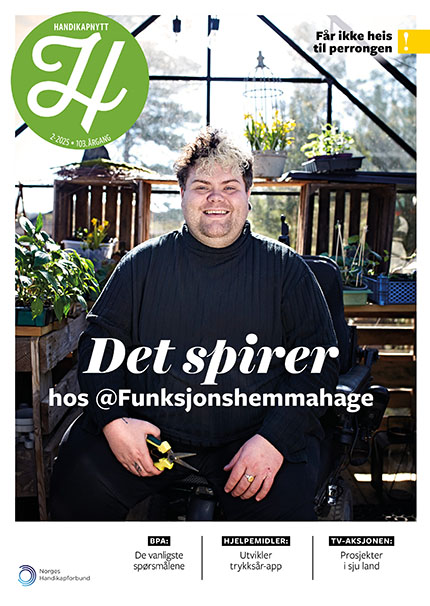– Educating young, independent and climate smart smallholder farmers in Malawi
Natural hazards constitute a significant threat to the lives and livelihoods of small-holder farmers in Malawi. Persons with disabilities are at disproportionate risk. In 2017, NAD therefore entered into a four year collaboration with local authorities to develop an inclusive and formalised approach to vocational training in Climate-Smart Agriculture in Malawi. The project brings together some of the best national and international experts in the field of vocational training, social inclusion and climate-smart agriculture, including private sector, local government and local associations.
Between 2017 – 2021 project partners will develop a standardized and formalized approach to vocational training in climate-smart agriculture in Malawi. Eight to ten standard modules will be developed, tested and put in practice. Modules will be taught individually (short-term trainings) and in combination (long-term trainings). A minimum of 5040 smallholder farmers will enroll in training implemented under Skills for Resilience between 2017 and 2021. The project will also educate eight to ten trainers, which will operate from community training colleges in rural Malawi.
Vocational training courses offered under Skills for Resilience are assessed and certified by government authority. Students who pass all training modules will receive a full skills certificate. Students who pass one or more modules will receive a record of achievement certificate. To encourage continuous pursuit of skills and qualifications, record of achievement certificates can be converted into a skills certificate, if all other modules are completed within a reasonable timeframe.
Skills for Resilience builds on existing structures and facilitates lasting cooperation between project stakeholders. All training sessions will be implemented by or under the supervision of the Technical, Entrepreneurial and Vocational Education and Training Authority (TEVETA) in Malawi. TEVETA is a parastatal structure under the Ministry of Labour. Yara International will contribute to the development of training curricula, as well as selected training of trainers’ sessions. Additional project partners include the National Association of Smallholder Farmers in Malawi (NASFAM), the Malawi Council for the Handicapped (MACOHA) and the Federation of Disability Organisations in Malawi (FEDOMA).
The project is guided by an Expert Advisory Committee, which includes representatives from the project partners, research institutions and the three line ministries for labour, agriculture and youth, women and persons with disabilities. The project will also have a Steering Committee engaging relevant policy makers.
Social inclusion is at the core of the Skills for Resilience project. This means that all training activities, information about the project and recruitment of candidates between smallholders will be implemented in a way that is accessible to and inclusive of all smallholder farmers in Malawi – also women and persons with disabilities, who are traditionally largely excluded from education and employment in Malawi. A minimum of six government run vocational training facilities will be rehabilitated to ensure full accessibility and all trainers will be trained in inclusive facilitation skills.
The agriculture sector in Malawi employs more than 80 percent of the country´s workforce, and it makes up 36 percent of Malawi’s GDP and 90 percent of its export earnings (Ministry of Agriculture and Food Security in Malawi, 2012). In recent years the sector – and thereby the lives and livelihoods of Malawi’s population – has become increasingly threatened by climate change induced hazards. Hazards in Malawi include violent floods, high temperatures, soil infertility and unpredictable, extensive droughts. Smallholder farmers, who constitute the far majority of people involved with agriculture in Malawi, are particularly vulnerable in this context.
The project is funded by the Norwegian Centre for International Cooperation in Education (Senter for Internasjonalisering av Utdanning, SIU).
- Grant agreement between the Norwegian Association of Disabled and the Norwegian Centre for International Cooperation in Education
- NAD signed an agreement with the Technical, Entrepreneurial and Vocational Education and Training Authority (TEVETA) worth +/- NOK 8 582 000. The annual budget for available to TEVETA in 2017 is: NOK 1 546 000.
- Information about TEVETA sub-grantees and related contracts will be updated on a regular basis.

